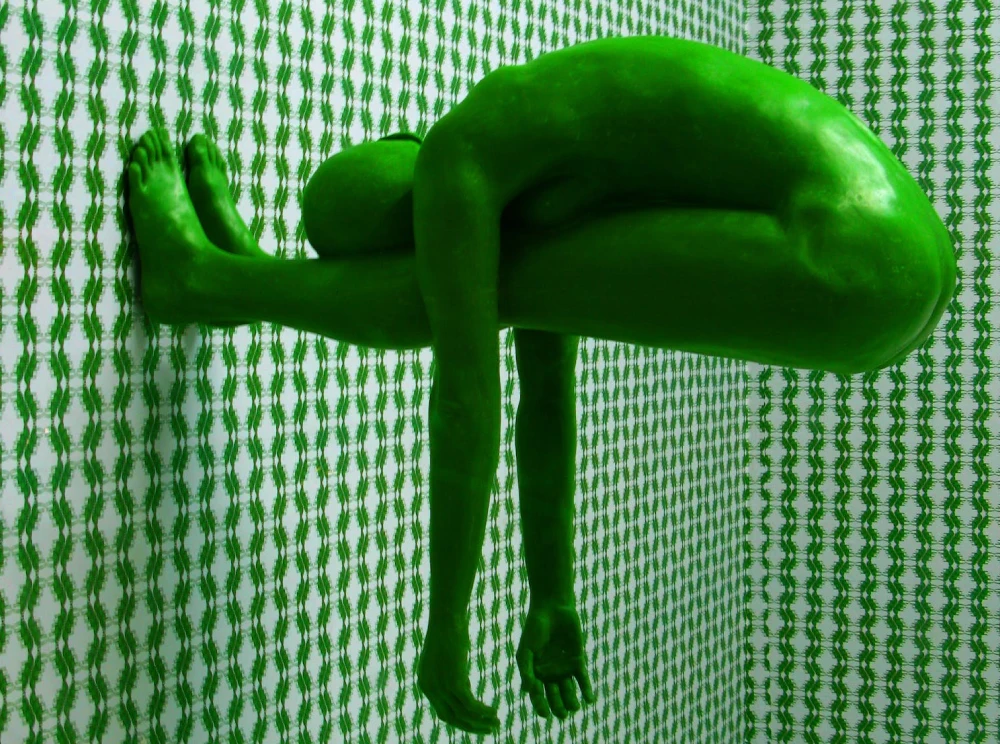We get it, times are tough. Everything is more expensive than it was a few years ago but you aren’t making enough to cover all of your bills. Here we’ll go over what happens if you stop paying credit cards?
When it comes to skipping credit card payments, the repercussions can be significant and vary based on your card issuer. If you neglect your credit card bill, brace yourself for a dip in your credit scores, incurring charges such as late fees and higher penalty interest rates, and the potential closure of your account.

The longer you delay, the worse these effects can become, emphasizing the importance of staying current with your credit card payments.
Emergencies and unforeseen crises might leave you short on cash to meet your card’s minimum payment. In such cases, understanding the consequences is crucial to minimize the impact.
In the short term, during financial hardship, prioritize essential payments like rent, food, utilities, transportation, phone bills, and childcare over debt. While credit card payments are crucial to keep your debt from growing, focusing on necessities is paramount. Your credit scores can recover in due time.
Possible Consequences if You Stop Paying Credit Cards
1. Lower Credit Scores: Late or missed payments harm your credit scores, impacting your ability to qualify for competitive rates on mortgages, car loans, and new credit cards in the future.
Typically, a missed payment reflects on your credit report after 30 days, affecting your scores.
2. Late Fees and Higher Interest Rates: Depending on your terms, missing a payment can lead to late fees, typically ranging from $29 to $40, and a penalty annual percentage rate (APR) that can reach around 30%.
Some issuers don’t charge late fees or penalty APR at all, but make sure to check with your specific credit card company.
3. Account in Collections: If you don’t pay your minimum payment for 180 days, your account may be charged off. The debt remains, and if it’s sold to a third-party collector, your credit can plummet, with the account staying on your credit report for seven years.
Debt collectors may attempt to recoup funds through various means.
4. Lawsuit and Judgment: Persistent non-payment could result in a debt collection lawsuit. If the creditor wins, they might tap your wages, place a lien against your property, or seize your belongings. Legal outcomes depend on state laws and your financial situation.
Action You Can Take Instead of Not Paying
Stop Using Your Card: Avoid adding more debt, preventing your minimum payment from rising further out of reach.
Contact Your Issuer: Explain your situation; some issuers offer hardship programs, waiving fees and lowering interest rates temporarily.
Explore Debt-Payoff Strategies: Depending on your situation, consider debt consolidation methods to manage your balance effectively.
Understanding your rights when dealing with debt collectors is crucial. While it can be stressful, you have control over the level of communication, protected from abuse and harassment under the law.
Seek legal advice if summoned to court for debt-related issues. Taking proactive measures can significantly mitigate the impact of missed payments.
What To Do About Your Credit Card Debt?
We recommend that you don’t stop paying credit cards. Instead, you should check out our Get Out of Debt Guide, or listen to Dave Ramsey’s Total Money Makeover. The information in either can change your life in both the short and long term. Because if you stop paying your credit cards, you’re life and financial situation is going to get more difficult and for a very long time.







